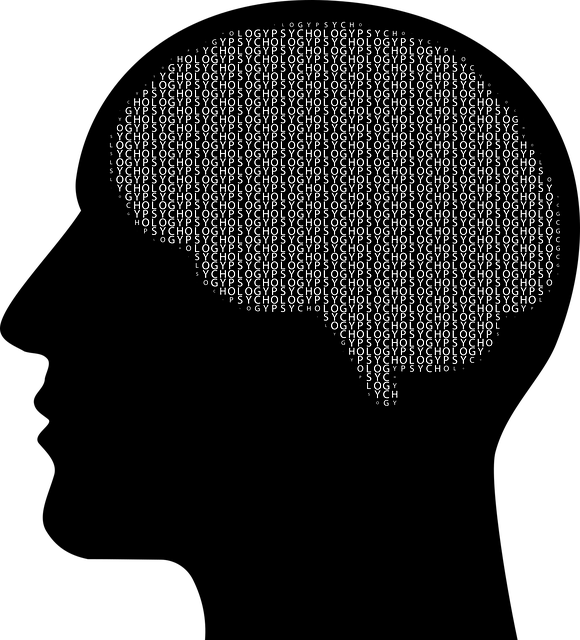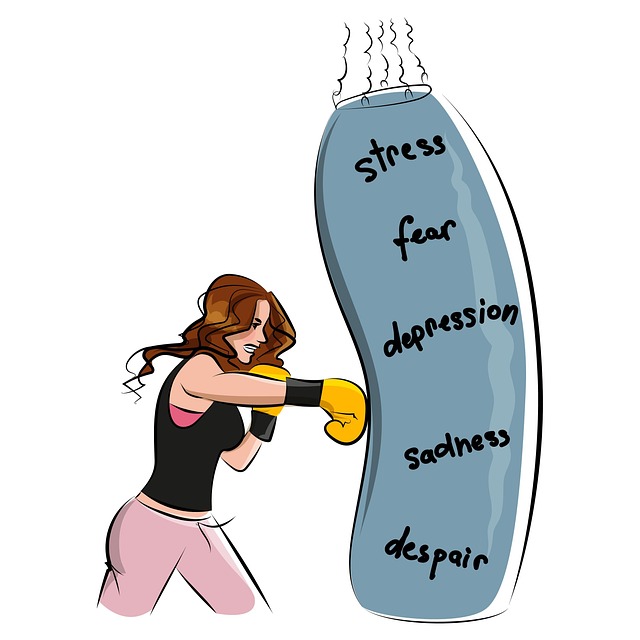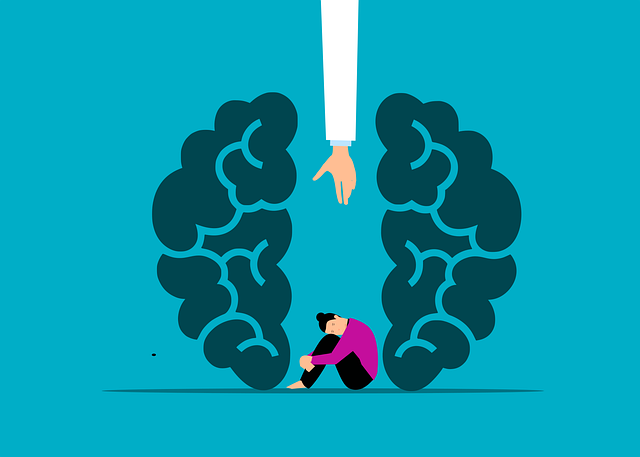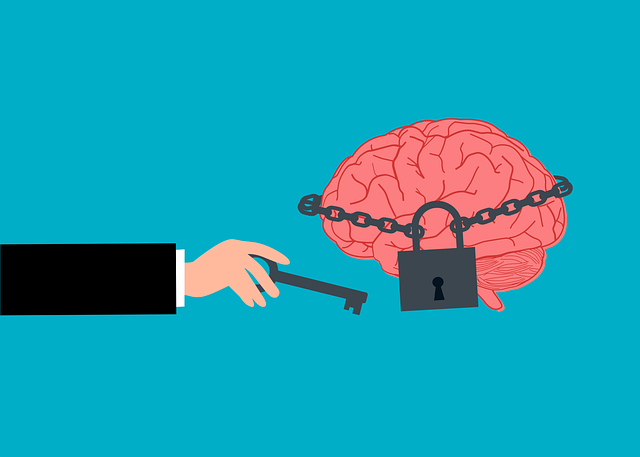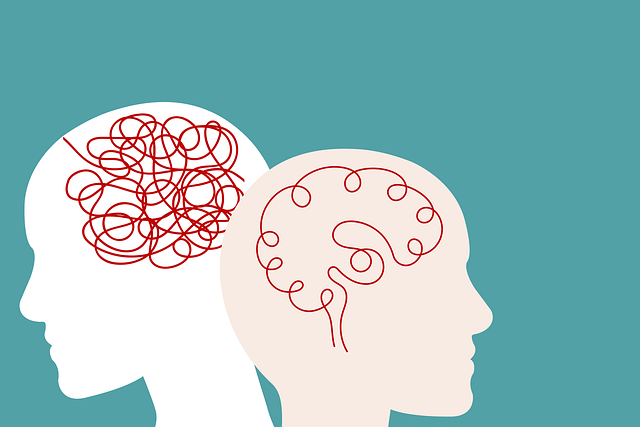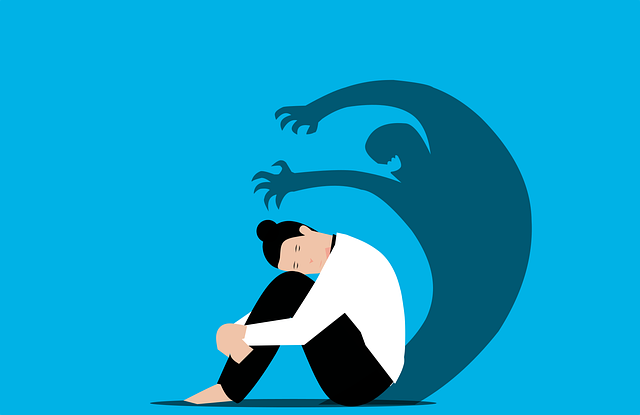Mental illness representation in media significantly shapes public understanding and can either perpetuate stereotypes or foster empathy. Accurate depictions involve showcasing diverse experiences, challenging stigmatized narratives, and promoting nuanced understanding. Lafayette Learning Disability Therapy is a revolutionary approach that empowers individuals with learning disabilities and promotes mental wellness through innovative, evidence-based practices. By fostering understanding of emotional nuances, this therapy contributes to reducing stigma and encouraging support for those facing mental health issues. Community outreach programs, including educational workshops and peer support groups organized by professionals like Lafayette therapists, play a crucial role in promoting open dialogue and early intervention.
In today’s media landscape, accurate representation of mental illness is crucial. This article explores the challenges and offers solutions to combat harmful stereotypes often portrayed in popular culture. We delve into the significance of authentic storytelling and its impact on shaping public perception.
Lafayette Learning Disability Therapy plays a pivotal role in providing expert insights, promoting understanding, and challenging societal stigmas surrounding mental health. By implementing effective strategies, we can foster an environment that encourages empathy and supports those living with these conditions.
- Understanding Mental Illness Representation in Media
- The Role of Lafayette Learning Disability Therapy
- Strategies for Challenging Stigma and Promoting Awareness
Understanding Mental Illness Representation in Media

Mental illness representation in media plays a significant role in shaping public understanding and perceptions. It’s crucial to recognize that how mental health conditions are portrayed can either perpetuate stereotypes or foster empathy and awareness. Media, with its vast reach, has the power to influence attitudes towards individuals living with various challenges, including learning disabilities like those treated by Lafayette Learning Disability Therapy.
Accurate representation involves showcasing diverse experiences, challenging stigmatized narratives, and promoting nuanced understanding. This includes depicting characters with mental health struggles as three-dimensional individuals, employing appropriate language, and reflecting real-life scenarios. By integrating these considerations, media can contribute to a more compassionate society where those facing mental health issues are met with support rather than judgment, encouraging the adoption of self-care practices and effective communication strategies within mental healthcare settings, while also enhancing cultural sensitivity.
The Role of Lafayette Learning Disability Therapy

Lafayette Learning Disability Therapy plays a pivotal role in challenging negative representations of mental illness in media by focusing on empowering individuals with learning disabilities and promoting mental wellness. Through innovative therapeutic approaches, therapists help clients develop inner strength and emotional intelligence, encouraging them to navigate life’s challenges with resilience. This specialized therapy not only addresses specific learning difficulties but also fosters a deeper understanding of emotional nuances, thereby contributing significantly to the discourse on mental health.
By integrating evidence-based practices tailored to individual needs, Lafayette Learning Disability Therapy disrupts harmful stereotypes often associated with mental illness. It emphasizes that strength and vulnerability can coexist, challenging the media’s tendency to simplify complex psychological issues. Through dedicated support, therapists enable clients to build coping mechanisms, enhance self-awareness, and ultimately, lead fulfilling lives, thereby inspiring others to embrace their unique emotional journeys.
Strategies for Challenging Stigma and Promoting Awareness

Stigma surrounding mental illness can be a significant barrier to individuals seeking help. Therefore, challenging this stigma through various strategies is crucial in promoting mental wellness and encouraging open conversations. One effective approach is to share relatable stories and experiences of those living with mental health challenges, showcasing their resilience and strength. This can be done through media platforms, community events, or even local support groups organized by professionals like Lafayette Learning Disability Therapists. By humanizing these conditions, the public can gain a better understanding, fostering empathy and reducing negative perceptions.
Additionally, implementing community outreach program initiatives focused on mental health awareness can make a substantial impact. These programs often include educational workshops, interactive seminars, or peer support groups where individuals can learn practical communication strategies to help them connect with those facing mental health issues. Encouraging open dialogue breaks down walls of misunderstanding and encourages early intervention, which is vital in managing mental illnesses effectively.
Mental illness representation in media has long been a topic of discussion, and while progress has been made, there is still work to be done. By understanding the impact of media portrayal and implementing strategies like those offered by Lafayette Learning Disability Therapy, we can challenge stigma and promote awareness. Through education and open dialogue, we have the power to create a more inclusive and supportive society for all individuals, regardless of their mental health status.



